Are you in the right shop?
Make sure that the place of delivery and the language correspond to your region. Otherwise, change your selection:
Vitamin B9, better known as folic acid, belongs to the vitamin B complex and to the water-soluble vitamins. It contributes to the growth of maternal tissue during pregnancy. Folic acid also has a function in cell division and contributes to normal blood formation. Further, it contributes to normal immune system function, reduction of fatigue and tiredness, and normal mental function. The vitamin also contributes to amino acid synthesis and homocysteine metabolism.
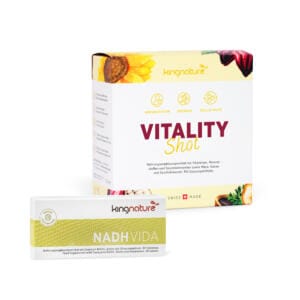
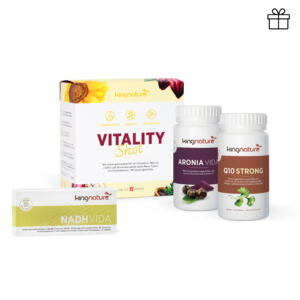
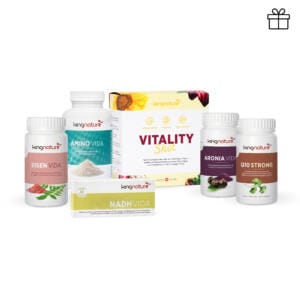
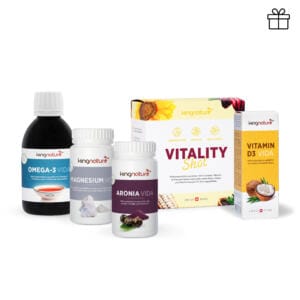
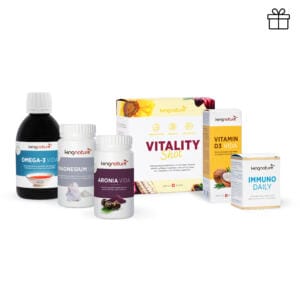
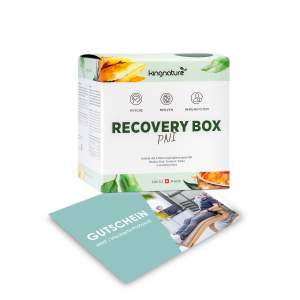
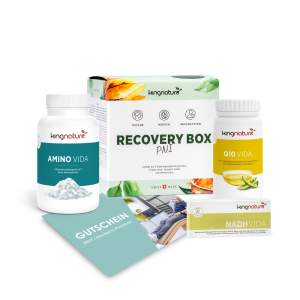
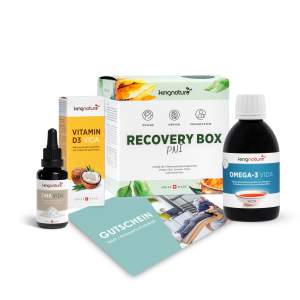
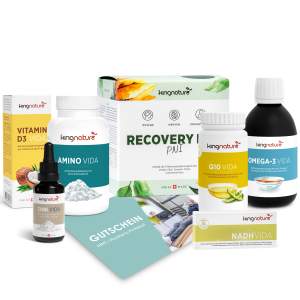
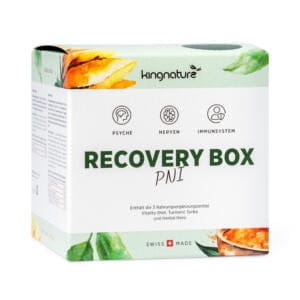
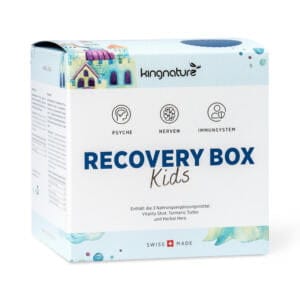
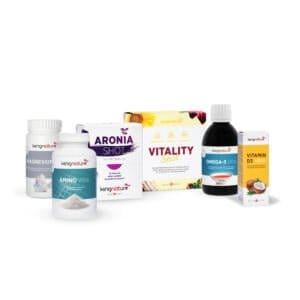
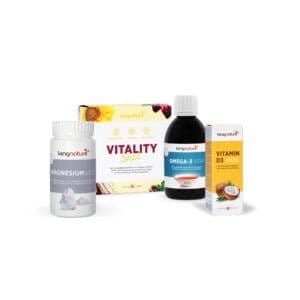
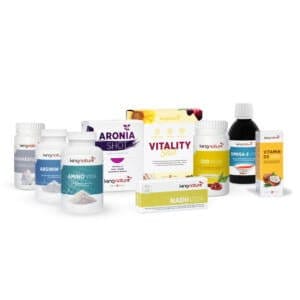

Vitamin B9 is also known under the alternative names folate or folic acid. Folic acid is a so-called vitamin precursor. The human body can convert this precursor into the water-soluble B vitamin folate. Vitamin B9 or folate is a component of many natural foods. In a healthy and balanced diet, it is therefore usually ingested in sufficient quantities in the daily diet. Folic acid, on the other hand, does not occur in pure form in nature. It is produced synthetically specifically for food fortification and dietary supplements. Naturally occurring folates are less well absorbed by the body than artificially produced folic acid.
As mentioned above, folate is already present in some naturally occurring foods. For example, in wheat germ, brewer’s yeast, chicken eggs, chickpeas, broccoli, lamb’s lettuce or kale. Particularly high concentrations are found in wheat germ and chickpeas. Other green vegetables such as Brussels sprouts or spinach, just like tomatoes, also contain a lot of folic acid and thus vitamin B9. Beef liver is also very rich in folic acid. A particularly tasty option for folic acid intake is hummus, which is made from chickpeas. But more common foods such as potatoes, oranges or whole-grain baked goods also contain certain amounts of folate. Through a balanced diet, therefore, every person, including vegans or vegetarians, can usually consume a good amount. Nevertheless, according to studies, a large part of the German population does not consume enough folate (vitamin B9). Partly it is therefore demanded to enforce an obligatory admixture of folic acid in the food trade. This is similar to what is known about iodized table salt. It must be noted that vitamin B9, or folic acid and folate, are very heat-sensitive. Corresponding foods should therefore only be cooked or blanched briefly so as not to destroy the vitamins. Alternatively, vitamin B9 or folic acid requirements can also be met with dietary supplements such as Vitality Shot.
Vitamin B9 or folate takes over some vital metabolic functions in the body. For example, in blood formation or cell division for DNA synthesis. Therefore, it is essential for healthy growth, among other things. The body is also dependent on vitamin B9 for normal functioning of the nervous system and brain. A deficiency of folic acid or folate can have serious consequences. In pregnant women, a deficiency can even lead to miscarriage or premature birth as well as massive damage to the central nervous system or other malformations of the child. A possible vitamin B9 deficiency should therefore be determined before pregnancy and adjusted by suitable dietary supplements. Another deficiency symptom can be anemia.
Folate-containing or folic acid-containing dietary supplements are suitable for all people who suffer from folic acid or vitamin B9 deficiency symptoms. The German Society for Pediatrics recommends that all pregnant women take 400 micrograms of folic acid in addition to their normal diet. This is primarily for the prevention of child malformations. However, the exact composition and dosage should always be discussed with a doctor. Nevertheless, taking supplements with vitamin B9 should never replace a healthy and balanced diet. The consumption of alcohol can block the absorption of folate.
Adolescents and adults need about 300 micrograms of folic acid daily. This amount can be obtained, for example, from 100 grams of chickpeas and 2 tablespoons of wheat germ. Just 100 grams of beef liver already provides the body with nearly 600 micrograms of the vitamin.
An overdose with natural folate is not known in science. In contrast, an overdose with artificial folic acid is very possible. This can lead to nerve irritation, nausea and digestive disorders or general disorders of the gastrointestinal tract. Up to 1000 micrograms of synthetic folic acid is considered safe. In case of overdose of preparations with folic acid over a longer period of time, nightmares, epileptic seizures or depression may be the result. Please always discuss the intake with your doctor in advance.
Vitamin B9 is contained, for example, in our products Vitality Shot (50 µg/2 sticks daily dose) or Neovital (100 µg/day dose). Learn more about these two products now.
Make sure that the place of delivery and the language correspond to your region. Otherwise, change your selection: